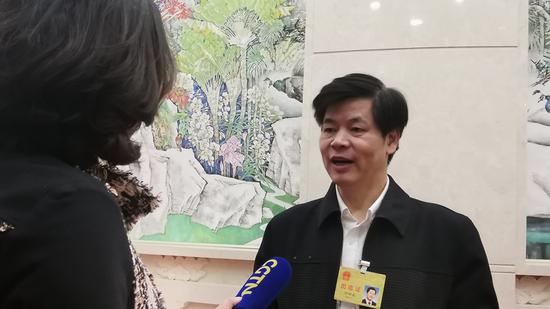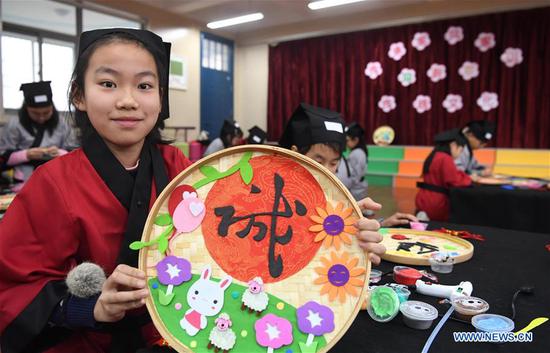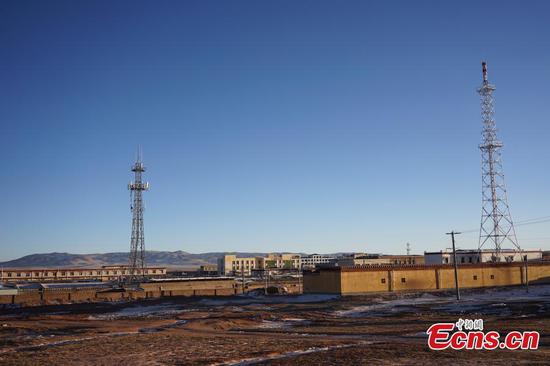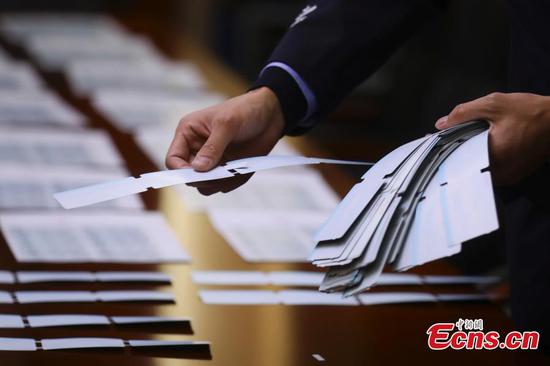
Zheng Gongcheng receives an interview with CGTN. (CGTN Photo)
Chinese lawmakers are this week deliberating the country's first ever draft civil code.
The discussion is a major part of the latest bimonthly session of the Standing Committee of the National People's Congress (NPC). They say it will be a major step forward for the country's governance system.
Lawmakers say it's a milestone in the development of China's rule of law.
Zheng Gongcheng, member of NPC Standing Committee said, "The draft civil code combines the efforts of seven legal departments. It is a symbol of a more systematic legal framework."
He said the civil code grants people their own rights in all aspects. It is crucial for a more people-oriented legal system.
As well as a general provision, the draft civil code also consists of six specific sections – property, contracts, personality rights, marriage and family, inheritance and torts.
While China has some laws on inheritance, contracts and property, gaps and inconsistencies remain.
A unified code was launched four times, respectively in 1954, 1962, 1979 and 2001, but a comprehensive one never came out for various reasons.
Officials believe it's important that the people come first in any new draft.
The draft civil code has been published online, where authorities are inviting public opinion.
So far, comment has ranged from issues on the scope of close relatives and joint marital debt to same-sex marriage.
If passed during the bimonthly session, the draft is expected to be submitted to the annual session of the NPC next year for final deliberation.
By Hou Na


















































